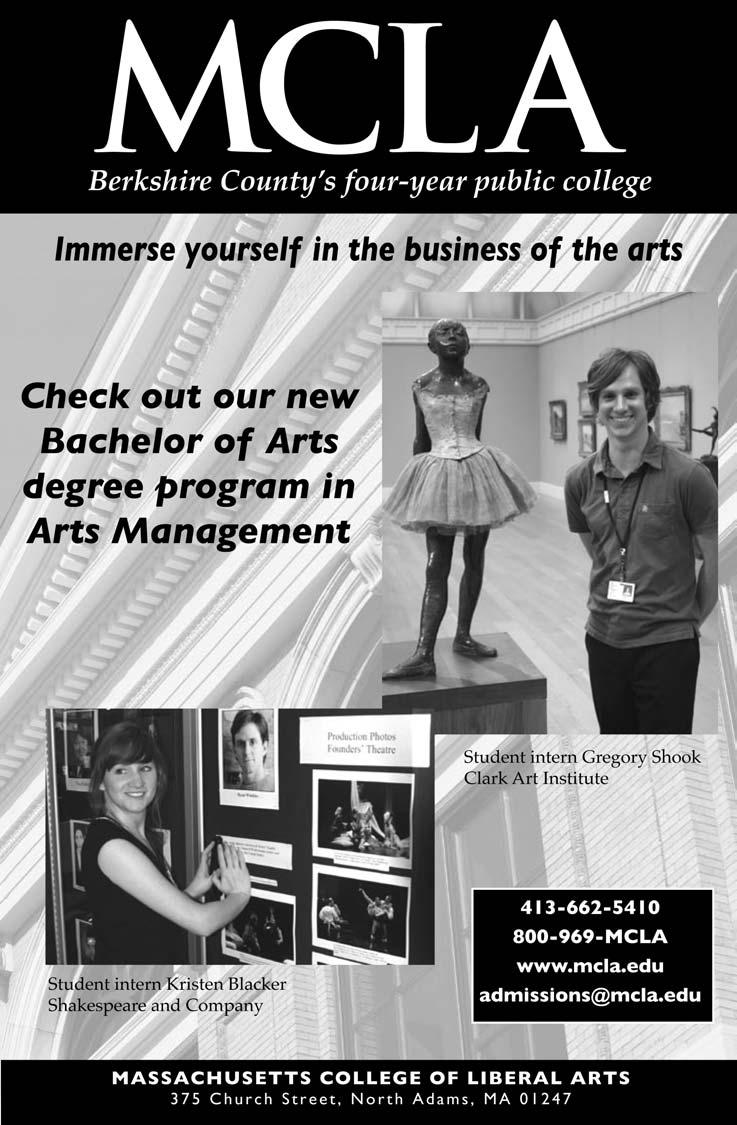
5 minute read
The Value ofTeamwork By Karen D’Amour
When most of us become counselors, we think about ways to connect with students, fellow counselors and teach ers, administrators,and parents. We strive to be viewed as approachable and sincere. What we don’t think too much about is the process that brings us toge ther—teamwork.
In my recent role as president-elect of MASCA I have observed teamwork in ac tion. On the Governing Board, each member has special responsibilities, and as they work to benefit all counselors in Massachusetts, each member brings to the table his or her uniqueness.
I have had the pleasure of participating in and witnessing discussions based on facts, concerns,and suggestions.At the end of each meeting, however, we leave respectful of one other and on board with the final decisions governing our organization.How different is that from the way you functionas a counselor in your school district?
The success of teamwork was brought home to me the other day.While browsing in a department store, I heard someone say, “Ms. D’Amour.”I turned to see an attractive, together-looking young woman, who went on to say, “Remember me?”How could I ever forget her? She was one of my former students.
She went on to tell me that although boy friends weren’t working out so well, she did get her associate’s degree and she now works for a company that will help pay for her bachelor’s degree. She said that she and her parents get along great for the most part and that she has a few really good friends.She has accepted the need to take medication regularly and sees a therapist from time to time.As I listened to her,it did my heart good to see the fine person she had become.
After we parted, I reflected on what her four years of high school were like. Freshman year,she did not want to come to school.Her team that year consisted of the nurse, parents, an assistant principal, teachers, and me. We came toge ther often to share ideas and come up with a plan.Some of it was successful and some not so much.
Sophomore year,she skipped classes, got A’s in two classes, raised the bar on risk-taking behavior, and seemed de pressed and inattentive.Her team then consisted of the same people as well as the principal and an outside agency. New members to the team brought fresh in sights as the team struggled to help her get a handle on things and get the support she needed. Over the next two years she made many gains and had a few setbacks,but by graduation things were looking optimistic.The team varied somewhat during that time, but its main focus was on support and encouragement.
When I think back,some incredible teamwork occurred during those four years.The people involved had one goal: to help her to help herself.The trust each member of the team had in one another, even when a plan didn’t work out, showed acommitment befitting each person’srole.
It was hard work but—not unlike the Governing Board—good teamwork can be priceless.It can help an organization, and it can help a child.When that young woman stood before me, I saw a happy, contributing member of society, who had learned coping mechanisms and who was enjoying her life. She may have arrived at that point through another method, but she didn’t.It was the result of her being part of a team.It was the result of teamwork.
What do you think it takes to be an effective team member as part of the school environment?I would like to hear from you:damourk@mersd.org. ■
KAREND’AMOUR MASCAPresident-elect
CURRY COLLEGE
1071 Blue Hill Ave.• Milton,MA 02186 www.curry.edu curryadm@curry.edu
Since its founding in 1879, Curry College has been a forward-looking institution that emphasizes individualized education and personal development. Curry is a private, four-year, co-educational college offering programs in the liberal arts and professional fields leading to bachelor’s and master’s degrees. QUICK FACTSABOUT CURRY COLLEGE:
•Curry serves over 2,000 full-time, traditional undergraduate students from 40 states and 32 countries •Curry’s wooded, 137-acre New England campus is locatedjust minutes from downtown Boston •Approximately 1400 Curry students reside on campus •Curryoffers20majors and 50-plus minors and concentrations •Curry’s student/faculty ratio is 12:1. The average class size is 20 students •Approximately 70% of undergraduate students receive some form of financial aid •Students can choose from a wide arrayof extra-curricular activities including 13 NCAA Division III athletic teams
ACHIEVE EXCELLENCE IN ALL THAT YOU DO (800) 669-0686 or (617) 333-2210

Institute Trainers
MA Model Implementation Institute Trainers are available for site visits, department reviews, curriculum day-training, and consultation. To discuss your needs and financial arrangements, contact Jan Tkaczyk at jantkaczyk@comcast.net or Katie Gray at uniquepotential@comcast.net.

Free PDP opportunity from NCDA
As you work with clients,are you looking for ways to help provide inspiration and direction for successful career transitions?What if there were 10 Lifelong Career Rules to help in this process?
NCDA is pleased to present Dr. Rich Feller, Professor Counseling and Career Development and University Distinguished Teaching Scholar from Colorado State University in a FREE pilot web professional development opportunity: Career Coaching Clients for Success:10 Lifelong Career Rules.
During this 58 minute video, Dr. Feller will • Describe the 10 Lifelong Career Rules • Provide you with a “Gaps analysis” planning model you can use with your clients • Demonstrate more powerful planning questions for entering college and work • Deliver takeaways for clients, students and parents. —National Career Development Association, http://209.235.208.145/cgi-bin/ WebSuite/tcsAssnWebSuite.pl?Action= DisplayNewsDetails&RecordID=981 &Sections=A&IncludeDropped=0&No Template=1&AssnID=NCDA&DBCode =130285, Accessed on October 2, 2007.
PDPs from MASCA
MASCA offers its members PDPs for professional development work.All confer en ces and workshops issue Certificates ofAt tendance and Evidence ofLearning Forms.
When you have a minimum of 10 hours ofPD work, you are eligible to earn PDPs. Send your certificates and forms, along with a check made out to MASCA for $25, to Helen O’Donnell, 10 Maplewood Terrace, Hadley, MA 01035.
For more information, write to pdchair @masca.org. ■




